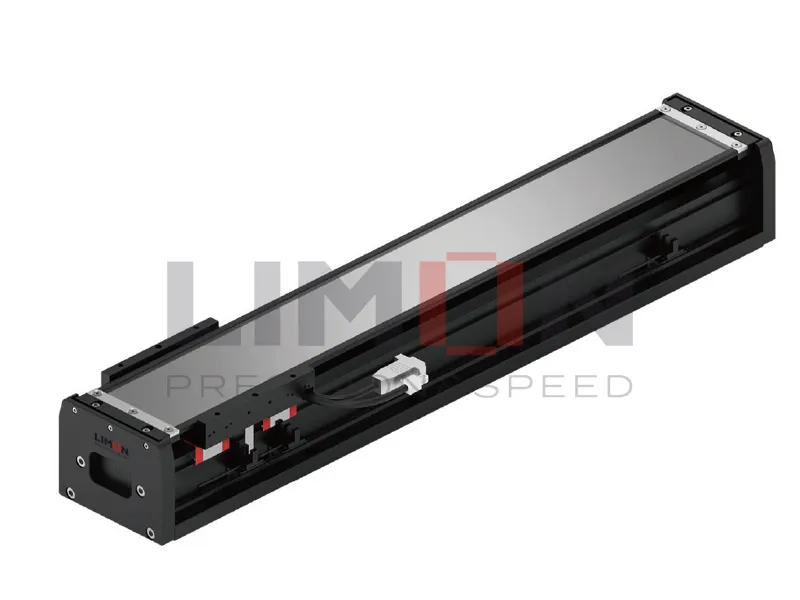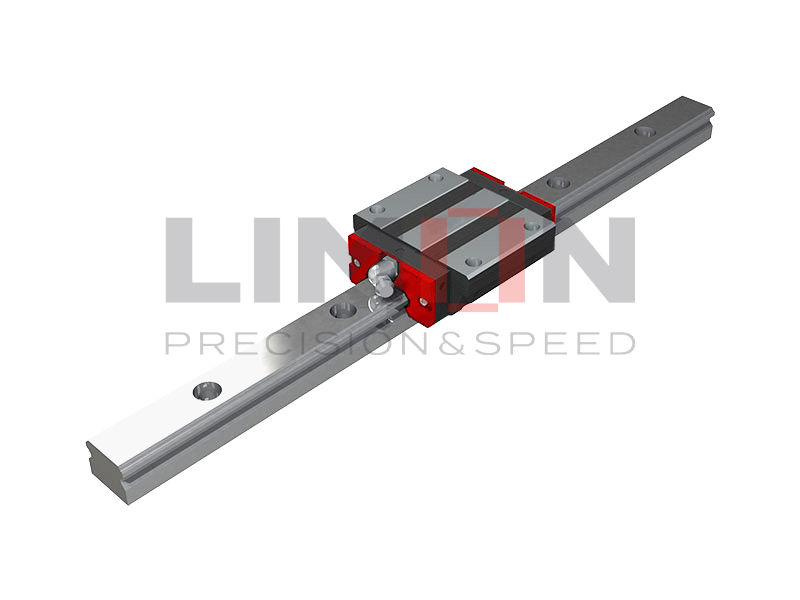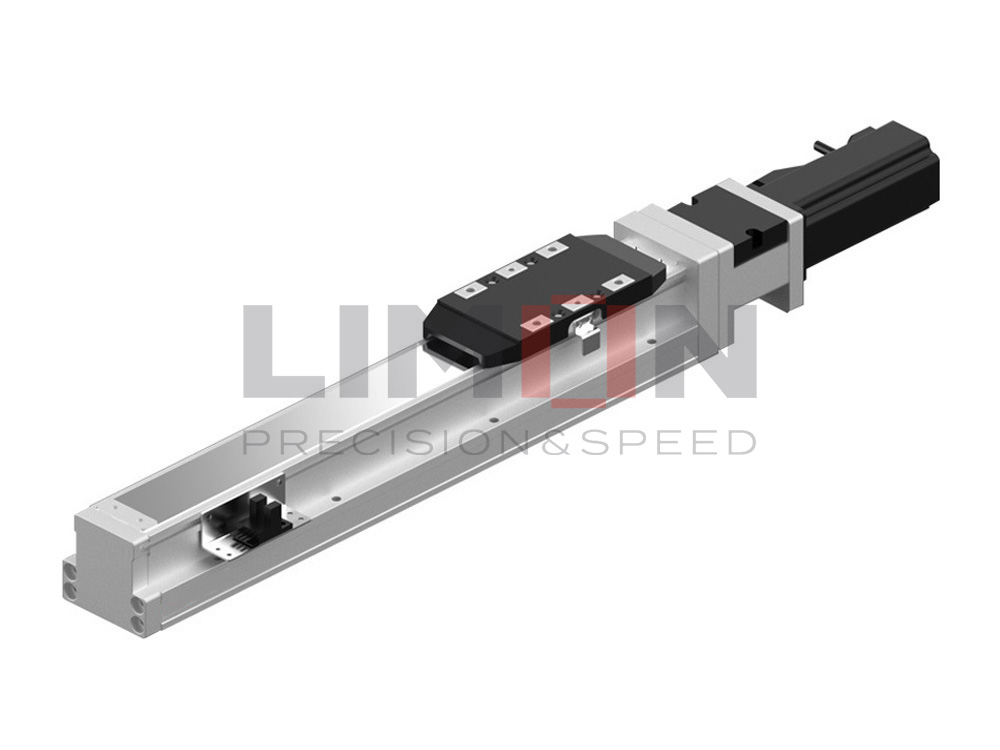Precision in Robotics: The Ball Screw Advantage
In robotics, precision is paramount. Ball screws are integral in achieving accurate linear motion control. I’ve witnessed how they convert rotary motion into linear movement, enabling robots to perform tasks with exceptional accuracy—whether it’s delicate assembly or complex surgical procedures. Their capacity to handle high loads while maintaining precise positioning is what makes them indispensable.
Smooth Motion in Automation Systems
In automated systems, ball screws provide smooth and reliable motion, minimizing friction and wear. I’ve implemented these systems in automated assembly lines, where speed and accuracy are crucial. The reduced backlash and high efficiency of ball screws allow for rapid operation, significantly enhancing overall productivity. Choosing the right ball screw is vital for anyone looking to streamline automation processes.
Aerospace Applications: Ensuring Reliability and Precision
In aerospace engineering, the stakes are incredibly high, and precision is non-negotiable. I’ve worked on projects where ball screws play a critical role in aircraft control systems, actuating control surfaces with precision. Their reliability under extreme conditions—high altitudes and varying temperatures—makes them a preferred choice in aerospace applications. When lives depend on performance, the right components are essential.
Advanced Manufacturing and Machining with Ball Screws
The use of ball screws extends into advanced manufacturing and machining processes in both robotics and aerospace. I’ve seen how these components enhance CNC machines, providing the precision needed for complex parts. The accuracy and repeatability offered by ball screws allow manufacturers to produce components that meet strict tolerances and high-quality standards, essential in both fields.
The Future of Ball Screws in High-Tech Applications
Looking ahead, I’m excited about innovations in ball screw technology that will further enhance their applications in robotics and aerospace. Developments such as smart ball screws equipped with sensors for real-time monitoring can lead to predictive maintenance and improved operational efficiency. As these industries evolve, so will the role of ball screws in driving advancements.
Conclusion
In summary, the applications of ball screws in robotics and aerospace engineering are vast and vital. From ensuring precision in robotic movements to facilitating reliable control in aerospace systems, ball screws are integral to the success of these advanced technologies.




